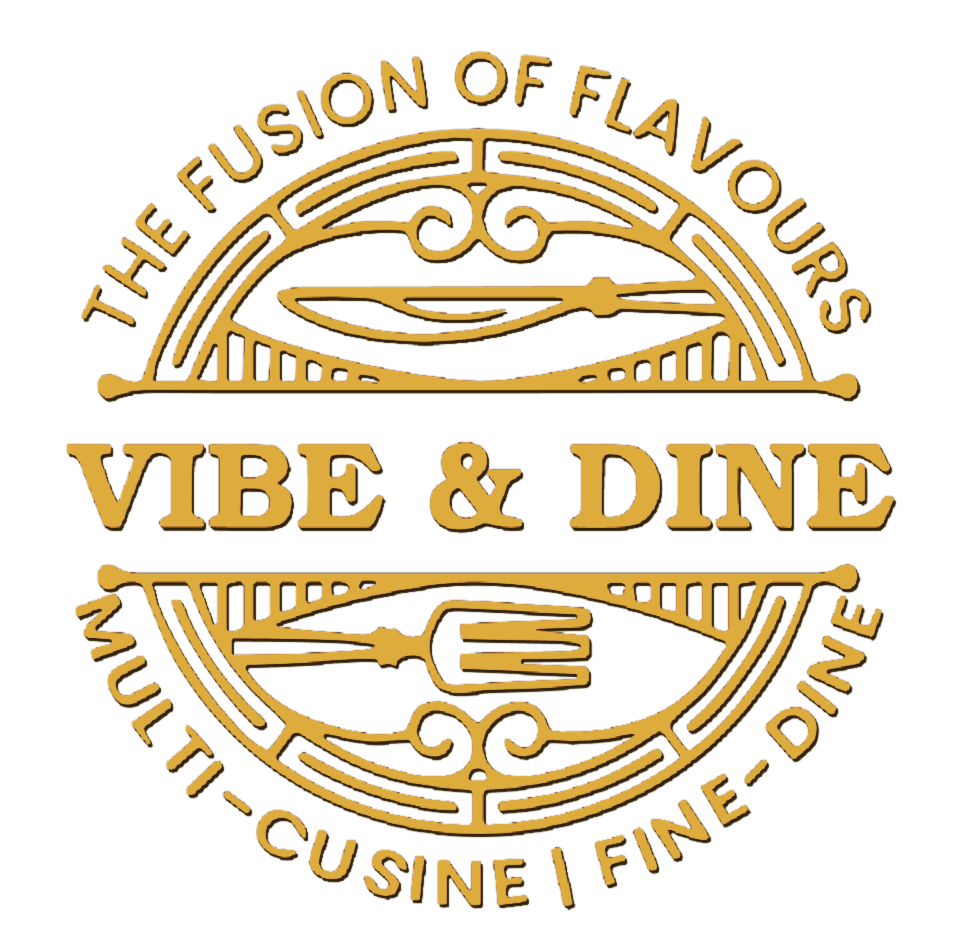Understanding Fine Dining: What Sets It Apart
Fine dining represents the epitome of culinary excellence, setting itself apart through several distinctive features. One of the primary elements is the quality and sourcing of ingredients. Fine dining establishments prioritize the use of premium, often locally-sourced and organic components. These ingredients are meticulously selected to ensure freshness, flavor, and sustainability, offering diners a superior gastronomic experience.
The skill and creativity of the chefs are another hallmark of fine dining. These culinary artists are often highly trained, with many having honed their skills at prestigious institutions or under the tutelage of renowned chefs. Their expertise is evident in the innovative and sophisticated dishes they create, often combining traditional techniques with modern culinary trends. Each plate is a work of art, both visually stunning and exquisitely flavorful.
Service in fine dining restaurants is unparalleled, characterized by meticulous attention to detail and a personalized approach. Staff members are extensively trained to provide an exceptional level of service, anticipating the needs of guests and ensuring a seamless dining experience. This often includes knowledgeable recommendations on wine pairings and detailed explanations of menu items, enhancing the overall dining journey.
The ambiance of a fine dining establishment significantly contributes to its unique atmosphere. These restaurants are thoughtfully designed to provide an elegant and luxurious setting, often featuring sophisticated décor, soft lighting, and carefully curated music. The goal is to create an environment that complements the culinary experience, making diners feel both comfortable and indulged.
Fine dining has a rich history, with its roots tracing back to the grandeur of French cuisine in the 18th century. Over time, it has evolved, influenced by global culinary trends and the innovative visions of pioneering chefs. Iconic figures such as Auguste Escoffier, who revolutionized modern French cuisine, and more contemporary legends like Ferran Adrià and Thomas Keller, have left indelible marks on the industry. Their contributions have shaped the fine dining landscape, making it a dynamic and ever-evolving field.
Through the meticulous selection of ingredients, the artistry of chefs, impeccable service, and a refined ambiance, fine dining offers a distinct and luxurious experience that stands apart from other dining options. It is a celebration of culinary excellence, where every detail is designed to delight and impress discerning diners.
How to Prepare for a Fine Dining Experience
Embarking on a fine dining experience requires a blend of preparation, understanding, and etiquette to ensure a memorable evening. The first step is making a reservation. For highly sought-after restaurants, it is advisable to book weeks, if not months, in advance. Utilize online reservation platforms or call the restaurant directly. Confirm the reservation a day or two before your visit to avoid any last-minute hitches.
Adhering to the dress code is paramount in fine dining. Most fine dining establishments enforce a formal or semi-formal dress code. Men are typically expected to wear jackets and ties, while women should consider elegant dresses or sophisticated separates. When in doubt, refer to the restaurant’s website or contact them directly for specific dress code requirements.
Understanding the menu is crucial to enjoying your meal. Fine dining menus often feature dishes and terminology that may be unfamiliar. Take time to familiarize yourself with common culinary terms and techniques. If you encounter an ingredient or preparation method you don’t recognize, don’t hesitate to ask your server for an explanation. They are there to enhance your dining experience and provide insights into the chef’s creations.
Proper dining etiquette is essential in a fine dining setting. Start by using the outermost utensils first and work your way inward with each course. Pay attention to your posture and keep your elbows off the table. When finished with a course, place your utensils parallel on your plate to signal the staff. Refrain from talking with your mouth full and maintain a moderate volume to respect other diners.
Navigating the wine list can be daunting. If you’re uncertain, seek the assistance of the sommelier. Provide them with your preferences and budget, and they will recommend a suitable pairing. Remember, this is part of a fine dining experience, and their expertise can significantly enhance your meal.
Interacting with the staff respectfully and courteously can elevate your dining experience. Address servers politely and express gratitude for their service. Acknowledge the chef if you have the opportunity, as it shows appreciation for their culinary artistry.
By following these guidelines, you can approach your fine dining experience with confidence, ensuring a delightful and sophisticated evening.







